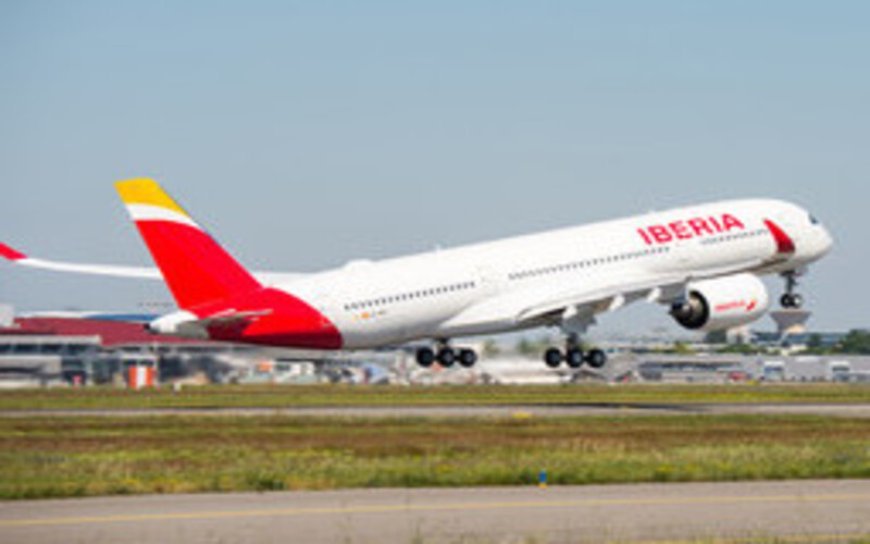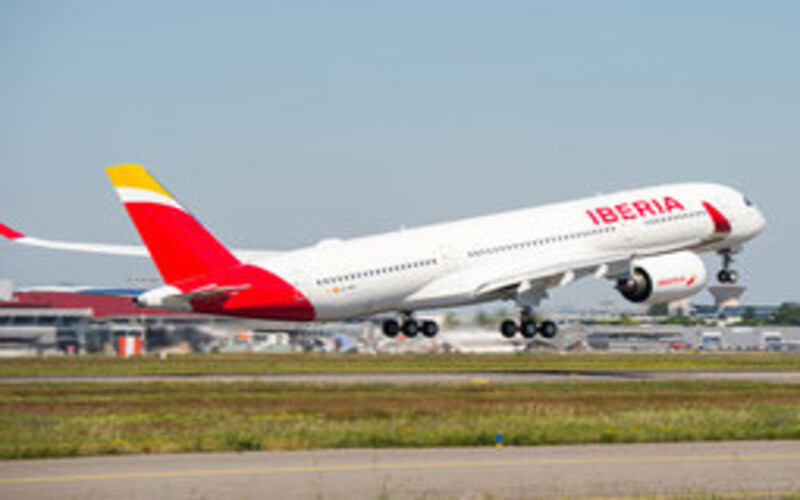France-Bound Iberia Flight Delayed As A321XLR Suffers Devastating Bird Strike, Prompting Urgent Return To Madrid And Travel Disruption


Iberia flight for France turns again to Madrid after suffering serious bird strike soon after taking off. The bird strike of the Airbus A321XLR bound for Paris occurred at an altitude of 7000 feet, causing the crew to abort one flight to make a safe turn back to Madrid. An emergency landing was performed, the aircraft touched down safely but was damaged at a great extent on the nose cone and had to remain on ground for inspection. The bus, which linked with another flight to Sendai from Paris Charles de Gaulle Airport, was swung slightly towards a lorries when it completed an almost 180-degree rotation on the runaway – causing substantial delays for passengers as an alternative aircraft was sent out several hours later to continue the service to Paris.
Bird Strike Forces Return of Paris-Bound Flight to Madrid
On August 3, an unexpected bird strike caused a Paris-bound flight to return to Madrid shortly after takeoff. The aircraft, an Airbus A321XLR, experienced significant damage during its climb out of the Spanish capital. Despite the challenging situation, the plane landed safely, although images later surfaced showing considerable damage to the nose cone.
Emergency Landing and Safety Protocols
The bird strike occurred when the aircraft was approximately 7,000 feet above the ground, forcing the crew to abort the climb and return to Madrid. The flight had initially taken off from Madrid-Barajas Airport (MAD) at 16:42, about 30 minutes behind schedule, and landed safely back at the same airport at 17:05, roughly 23 minutes after the incident. Fortunately, no injuries were reported, and the emergency landing was carried out smoothly following standard protocols.
Aircraft Grounded in Madrid for Inspection
The aircraft involved, a newly delivered Airbus A321XLR, remained grounded in Madrid the following day due to the structural damage sustained from the bird strike. The nose cone, which bore the brunt of the impact, required careful inspection and repair before the plane could return to service. Given the severity of the damage, it is expected that the aircraft will stay out of operation for an extended period.
Replacement Aircraft and Delayed Arrival in Paris
Despite the setback, the airline promptly arranged for a replacement aircraft, an Airbus A320neo, to complete the journey to Paris. The flight, originally scheduled to arrive at Paris Orly Airport (ORY) at 18:10, was delayed by approximately four hours. While the delay was unfortunate, the airline was able to minimize passenger inconvenience by quickly organizing an alternative flight.
The A321XLR’s Role in the Fleet
The Airbus A321XLR involved in the incident is part of a new generation of narrowbody aircraft designed for longer routes. These planes are typically deployed on medium-haul flights, although they have recently been integrated into shorter routes as part of the airline’s operational strategy. The A321XLR is configured with 182 seats, offering both business and economy classes to passengers.
This aircraft, registered under a specific tail number, was delivered just a few months ago. It had primarily been used on European routes but had recently completed its first transatlantic flight to Boston before the incident. The A321XLR’s long-range capabilities make it an ideal choice for both short and long-haul operations, though this bird strike incident is a reminder of the unpredictable challenges that can arise during any flight.
The Airline’s Response and Commitment to Safety
While bird strikes are a known hazard in aviation, the airline’s quick and efficient response to the situation ensured the safety and well-being of its passengers. The incident highlights the importance of maintaining a flexible and well-prepared fleet, ready to handle unexpected events. Although the bird strike caused a significant disruption, the airline’s professionalism ensured that the passengers were safely accommodated and continued their journey with minimal inconvenience.
Conclusion: Navigating the Unpredictable
This bird strike incident serves as a stark reminder of the challenges airlines face, even with the most advanced aircraft. Although the aircraft was damaged and the flight was delayed, the response from the airline demonstrated a strong commitment to safety and customer service. As the airline works to repair the A321XLR and return it to service, passengers can rest assured that their safety remains a top priority, and the airline will continue to adapt to any challenges that come its way.
The post France-Bound Iberia Flight Delayed As A321XLR Suffers Devastating Bird Strike, Prompting Urgent Return To Madrid And Travel Disruption appeared first on Travel And Tour World.






